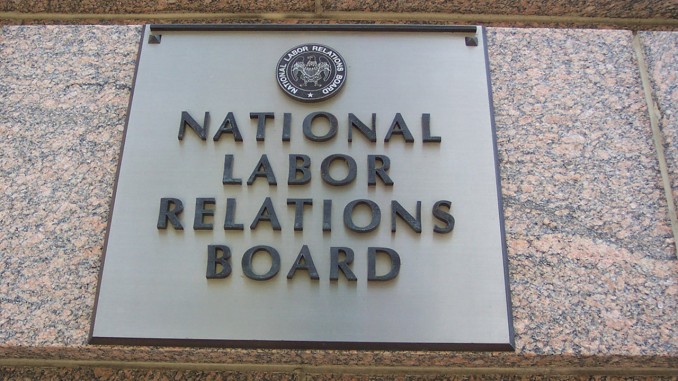
As this public health crisis has brought on huge challenges to working people, the poor, and their families, it has provided a rationale for employers to strengthen their hand against workers.
Akerman’s HR Defense blog, a blog that gives employers news about how laws impact their dealings with labor, explained for its clients how the National Labor Relations Board (NLRB) would be dealing with labor matters during this crisis. The NLRB has a “Division of Advice” (or “Advice” for short). This is a think tank in which their lawyers make policy, which they usually keep secret. Advice’s first policy statements on the COVID-19 pandemic and the workplace came out on July 15. It made public five letters of guidance for employers. According to the Akerman’s HR Defense blog, in an article written by Dana N. Berber on July 28, 2020, the NLRB ruled that employers can “unilaterally alter job conditions, including the employers’ remote work and attendance policies, without approval from its union… during emergencies such as COVID-19 so long as its actions are reasonably related to the emergency situation.”
And also, “Advice held that a nursing services contractor did not violate any labor law when it unilaterally laid off employees in response to COVID-19 related school closures.”
Regarding the right of union activists to visit workers at work, the NLRB feels that employers should be able to “…prohibit immediate and unrestricted access to union representatives who wished to enter the site. Advice held that the employer acted reasonably in denying access, due to the safety concerns of the COVID-19 pandemic and its spread.”
The NLRB is an agency that is part of the capitalist state and unsurprisingly defends the interests of the bosses the vast majority of the time. Workers should be clear to never depend on it for help. If the Board does rule on the side of the workers, it either is placating an important section of the union bureaucracy in order to ensure its continued allegiance to the capitalist class, or is genuinely afraid of what the working class is capable of if it rules against them.




